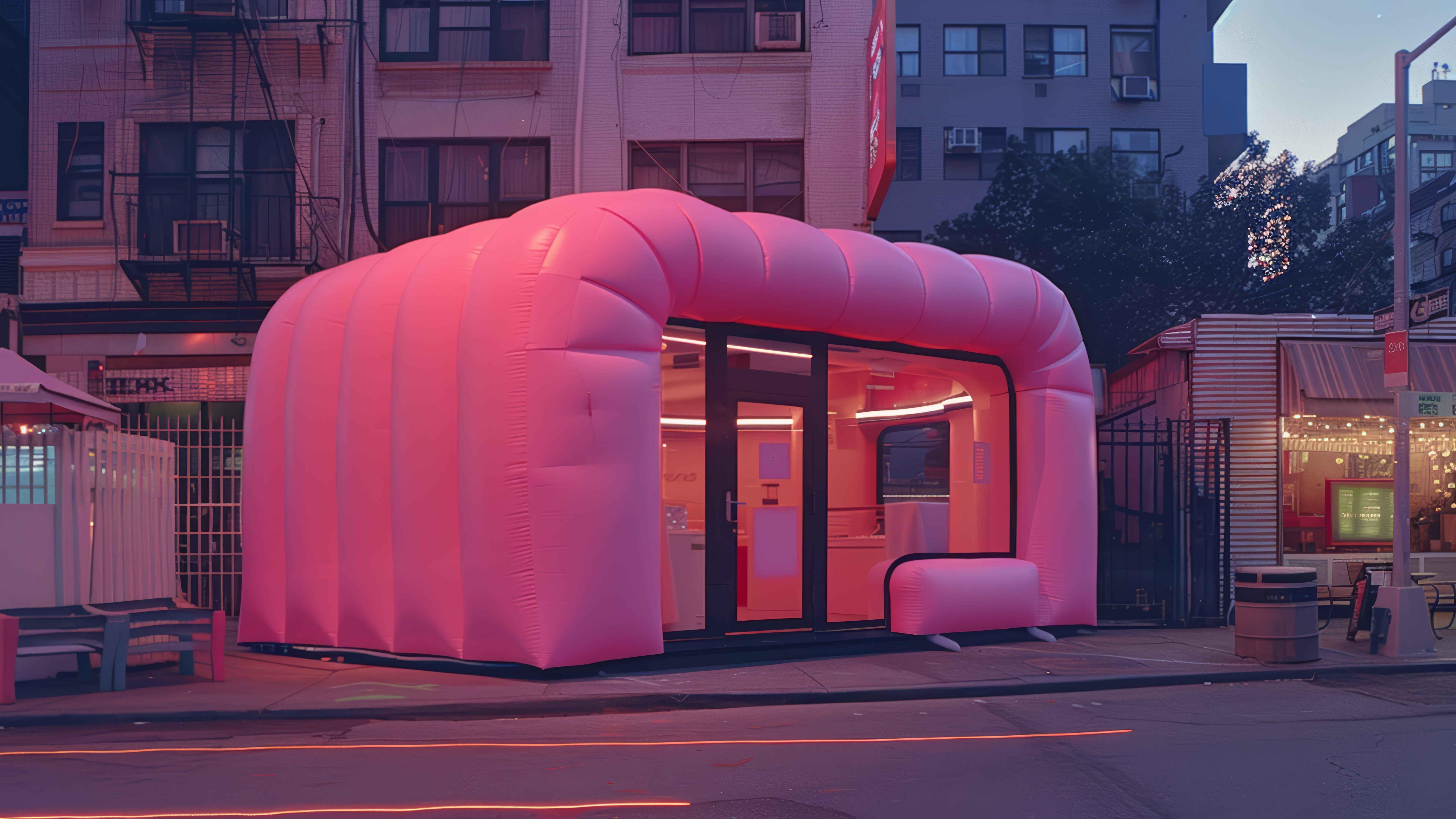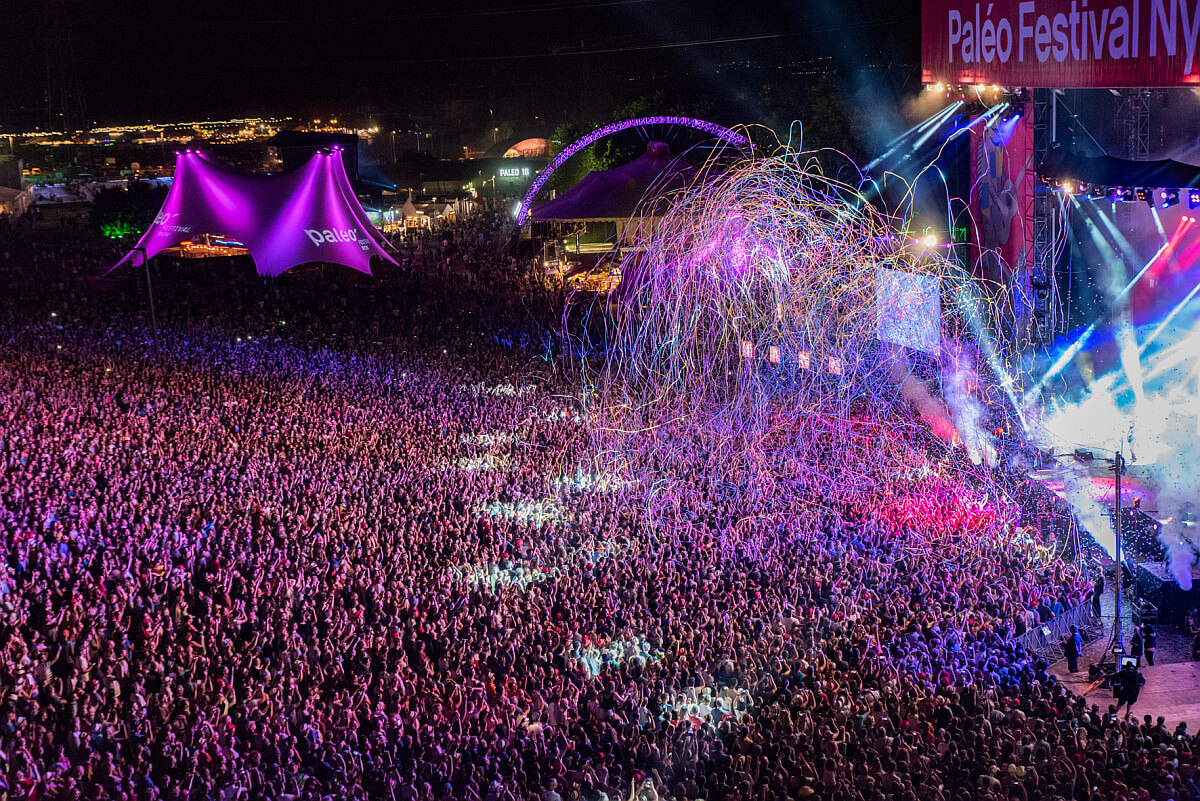What is a pop-up store and when can it become permanent?

Pop-up store, what?
A pop-up store is a temporary store that opens for a limited time, often a few days to a few months. It allows brands to create a unique experience for customers, test new products, or generate buzz around their offer. Pop-up stores are used for several reasons: to test a market or a location without a long-term commitment, to create a buzz around a product launch, to offer an immersive experience to customers, or simply to increase the visibility of a brand.
How much does it cost to open a pop-up store?
The cost varies based on several factors, such as location, duration of the operation, size of the space, and marketing expenses. However, the costs are generally lower than those of a permanent store.
How do I choose the location of a pop-up store?
Location is crucial to the success of a pop-up store. Factors to consider include the flow of pedestrians, proximity to the target audience, and neighborhood reputation. Shopping malls, popular shopping streets, and gathering places like events or festivals are common choices.
What are the advantages of pop-up stores for businesses?
Benefits include flexibility, reduced fixed costs, the ability to test new markets, direct engagement with customers, and the opportunity to create unique experiences that strengthen brand loyalty.
Many businesses, ranging from small start-ups to big brands, use pop-up stores. They are popular in industries like fashion, beauty, food and drink, and electronic products.
How long does a pop-up store stay open?
The duration can vary considerably, ranging from a few days to several months. It depends on the brand's goals and the type of event or promotion they want to carry out.
How do you promote a pop-up store?
Promotion methods include social media, email marketing, public relationships, collaborations with influencers, and local advertising. Brands can also use events or collaborations to attract attention.
What are the challenges of opening a pop-up store?
Challenges include installation and dismantling logistics, inventory management, time-limited advertising, and uncertainty about consumer response. It is also important to ensure that the customer experience is up to par, even over a short period of time.
Can pop-up stores become permanent?
Pop-up stores can become permanent in many cases, often depending on their success and brand goals. Here are some scenarios where a pop-up store could evolve into a permanent presence:
Unexpected commercial success
When the pop-up store generates sales well beyond expectations, it can indicate a high demand for the products or services offered in that specific location. Faced with this success, the brand may decide to transform the temporary space into a permanent store.
Positive Response from the Local Market
If the pop-up store attracts a large number of customers and gets positive feedback, this can convince the business that the location is ideal for a long-term establishment. The brand can choose to capitalize on this dynamic by establishing itself in a sustainable way.
Successful test of a new concept
Pop-up stores are often used to test new concepts, products, or services. If the test is successful, i.e. if the concept meets with a favorable response from consumers, the brand may decide to perpetuate the offer by keeping the store open.
Favorable Real Estate Opportunity
Sometimes, a real estate opportunity, such as an ongoing long-term lease or a strategic location that becomes available, can encourage a brand to stay in place. If the business can negotiate favorable terms, they can turn the pop-up into a permanent store.
Brand expansion
If the business was already considering establishing a permanent presence in a specific region or neighborhood, but wanted to test the market first, a successful pop-up store can accelerate that expansion. The pop-up then serves as a springboard for a permanent opening.
Customer Loyalty
When the pop-up store succeeds in creating a loyal customer base that keeps coming back, the brand may decide to settle down permanently to maintain and develop this customer base. The transition to a permanent store allows us to continue to offer a consistent customer experience.
Strengthening local reputation
If the pop-up store helps the brand to become anchored in the local community and to strengthen its reputation, this can justify a long-term presence. The brand may want to capitalize on this local recognition by converting the pop-up into a permanent store.
Adapting to new consumer trends
In some cases, pop-up stores can reveal changes in consumer habits. If a brand detects an emerging trend thanks to its pop-up store, it may decide to establish itself permanently to meet this new demand.
Continued demand for a specific offer
If the pop-up store offers a unique product or service that is not easily accessible elsewhere, continued demand may justify a permanent opening. This is especially true for niche products or exclusive offers.
These scenarios show how a pop-up store can move from a temporary initiative to a long-term commercial operation, based on market conditions, customer feedback, and strategic business goals.
Latest articles
Stay up to date with everything that's going on at Technis: product news, articles, and tutorials.







.jpg)
